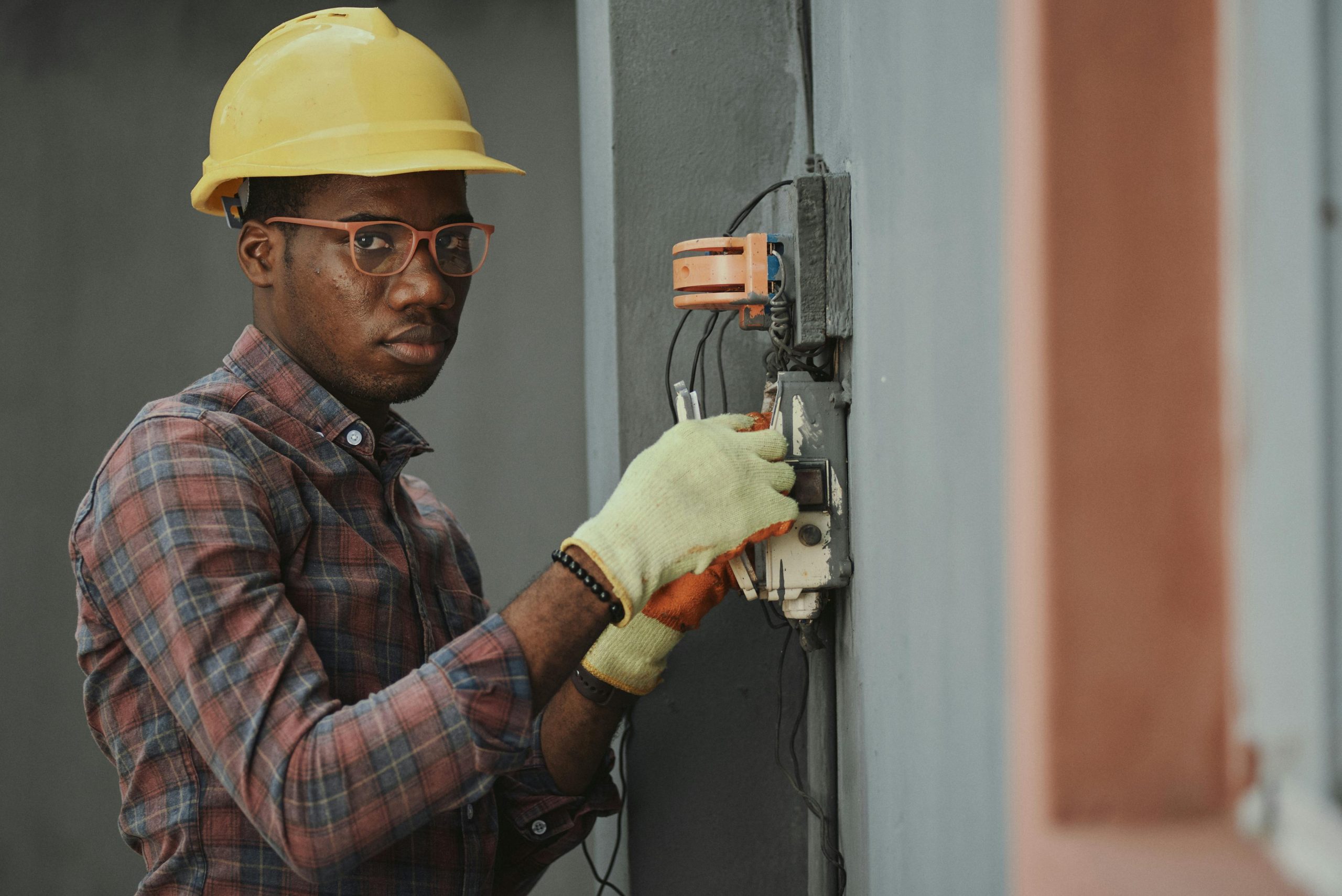How has Covid affected the construction skills shortage?

In January 2020, the Royal Institute of Chartered Surveyors (RICS) stated that the UK construction skills shortage was at its highest point since 2007. An aging workforce, lack of training and education, gender discrimination, and poor prospects were all stated as reasons for the shortage.
In 2017, the UK government had pledged to build 300,000 new homes by the middle of the 2020s to meet increasing demand. Several high-profile construction projects across the road and rail networks were also scheduled to continue throughout the decade. Unfortunately, the Covid pandemic forced a rethink on the way these projects would be run.
New regulations for the construction industry
The Covid pandemic has had a massive impact on all areas our lives. Although the construction sector is now up and running with workers following strict Covid safe protocol, the impact of the pandemic on the skills shortage is perhaps, only now being realised. Many construction projects were initially put on-hold as the government introduced strict new legislation for the sector. This led to many workers looking for new opportunities in different sectors as the future of construction looked uncertain.
The Covid pandemic also had a huge impact on the efficiency of the construction supply chain. Huge delays on the transportation of materials were experienced which had a negative impact on building schedules with some projects being cancelled or postponed indefinitely. With both site operating procedures and supply chain management directly affected due to the pandemic, the knock-on effect to the skills shortage was clearly evident.
Looking towards a positive future for construction
Today, many construction companies have successfully adapted to the new working situation. Government funding for house building has greatly increased and new projects are beginning across the UK. At a more domestic level, installers in the home improvement industry have seen a huge increase in demand for their services as homeowners continue to spend more time in their houses and seek to make improvements to their living circumstances.
So, what does this all mean for the construction skills shortage? The construction sector is still facing a huge shortage but there is light at the end of the tunnel. Increasing amounts of youngster are now choosing a career in construction thanks to the use of modern technology within the sector. With BIM software and CAD programs digitalising construction, a career in the industry looks like a more attractive prospect. When combined with the drive towards equality and diversity awareness within the sector, it seems like the construction skills shortage may have experienced its worst point and now looks set to improve in the coming years.






